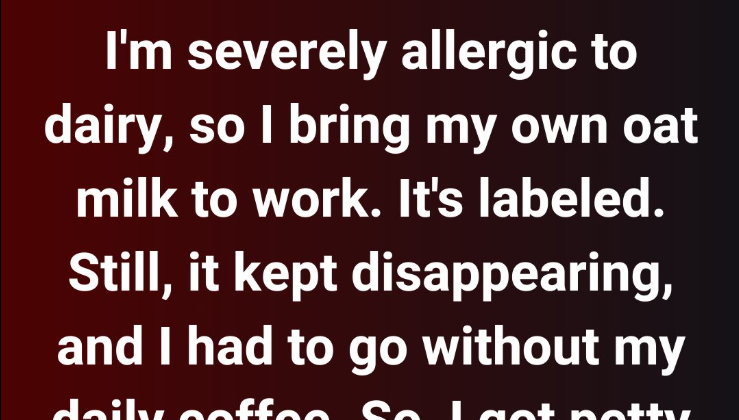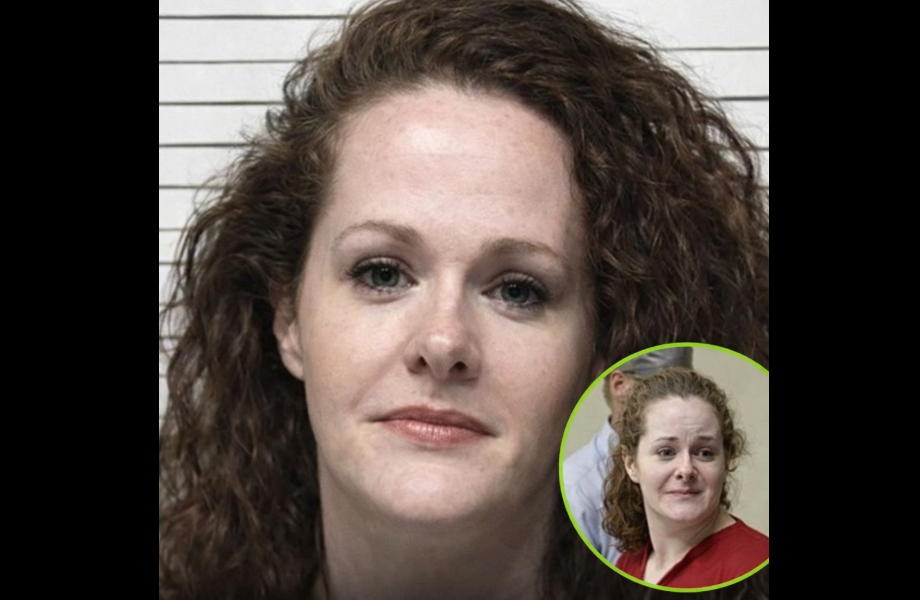It’s natural to feel irritation when we encounter small, daily slights that test our patience, especially when we believe we’ve been wronged. Yet, often, those moments of annoyance conceal stories we haven’t taken the time to understand.
In this account, what started as a minor act of retaliation uncovered a profound truth—not about theft, but about struggle, dignity, and the silent challenges people face in private. The true takeaway? A gesture of kindness can nourish far more than a moment of retribution.
I’m severely allergic to dairy, so I bring my own oat milk to work, clearly labeled with my name. Despite this, it kept vanishing, leaving me without my morning coffee.
Frustrated, I decided to take action and filled a carton with a mixture of toothpaste and baking soda.
The next morning, I heard choking sounds from the break room. To my dismay, it wasn’t the anonymous “milk thief” I’d imagined—it was Clara, the new employee.
Her face flushed red as she hurried to the sink, and guilt hit me like a wave.
Everyone in the office knew Clara was facing tough times. She’d taken the job to provide for her younger brother, and quiet whispers circulated about her skipping meals to stretch her budget.
I’d been so consumed by my own annoyance—by the sense of being wronged—that I hadn’t considered the person taking my milk might be acting out of need rather than negligence.
Later that day, I approached Clara, my guilt overwhelming. She avoided my gaze. “I’m so sorry,” she said softly. “I couldn’t afford groceries this week, and I thought a little milk wouldn’t be a big deal.”
In that moment, my prank felt cruel. My reaction had stemmed from inconvenience; her actions were rooted in necessity.
I offered to buy her lunch, and over time, this turned into a quiet routine. While sharing sandwiches and coffee, we spoke about life, hardships, and the masks people wear to conceal their struggles.
The oat milk stopped disappearing—not because I’d deterred a thief, but because I chose understanding over bitterness.
Sometimes, the smallest conflicts reveal something greater: that kindness sustains us far more than resentment ever could.






